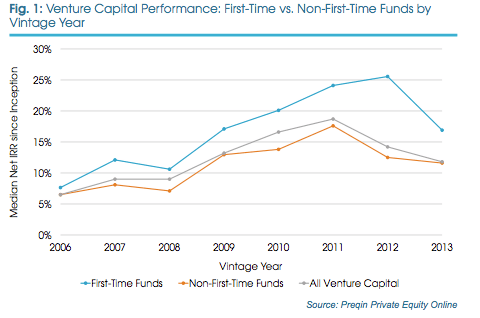What We’re Reading
Here are a few good articles and books the Collaborative Fund team came across this week.
Soft skills
Mark Suster writes about what VC really is:
The number one advice I give is “stop trying to be too smart”. Most VCs did well academically and had enough career success that a venture firm was willing to give them an investment role or they were able to raise their own fund. It’s easy to think the role of a VC is to have strong opinions about markets, trends, tech dynamics and so forth. We think we’re supposed to act smart and have insights that others don’t possess.
I don’t think this is the job.
Entrepreneurs are supposed to have insights that others don’t have and we’re supposed to be good judges about which entrepreneurs and executives have both the most clever ideas and the right skill sets to do transformational things against all odds.
So I tell people we’re fundamentally in the people business. Our core skill is being able to identify talent and how to persuade the most talented people with whom we have access that we would be valuable to work with.
Progress
This is astounding and amazing:
About 500,000 solar panels were installed every day last year as a record-shattering surge in green electricity saw renewables overtake coal as the world’s largest source of installed power capacity … Average global generation costs for new onshore wind farms fell by an estimated 30 per cent between 2010 and 2015 while those for big solar panel plants fell by an even steeper two-thirds, an IEA report published on Tuesday showed.
Swinging for the fences
First-time VC funds earn higher average returns, but with more risk:

Taken for granted
Ben Carlson writes a list of things that are surprisingly new, including a big one: Economic growth:
For tens of thousands of years there was little progress or economic growth in the world. People didn’t really even believe in progress or getting better for the future. Things looked fairly similar from century to century. It wasn’t until the Scientific Revolution in the 1500s and 1600s eventually paved the way for the Industrial Revolution that people actually started to believe that progress was even possible. Before then the global pie basically stayed the same size.
Theory vs. fact
Derek Thompson throws cold water on the idea that robots are taking all the jobs (yet, at least):
There is a contradiction in economic forecasting today that I’ve come to think of as the “robot paradox.” Some people seem confident that automation will take many workers’ jobs, yet they cannot point to evidence that technology has done anything in the last few years to replace work or add to productivity. Indeed, economic growth has been lackluster for the last few years, productivity growth is mysteriously moribund, and the last two years have been perhaps the best time this century for wage growth. This is not what the end of work looks like.
The genesis of nonsense
This is a fascinating talk with Ezra Klein and Cass Sunstein on where conspiracy theories come from:
Book: The Science of Fear by Dan Gardner
This is one of my favorite books. It’s not new, but is even better: it’s timeless. Gardner does an incredible job laying out where fear comes from, how it’s processed in our brain, and how – for better and worse – it shapes our lives. A central theme is that fear evolved in a world vastly different from the one we live in today, which means a lot of the stuff we fear is an overreaction, while a lot of the stuff we’re oblivious to is legitimately dangerous.
Have a good weekend.